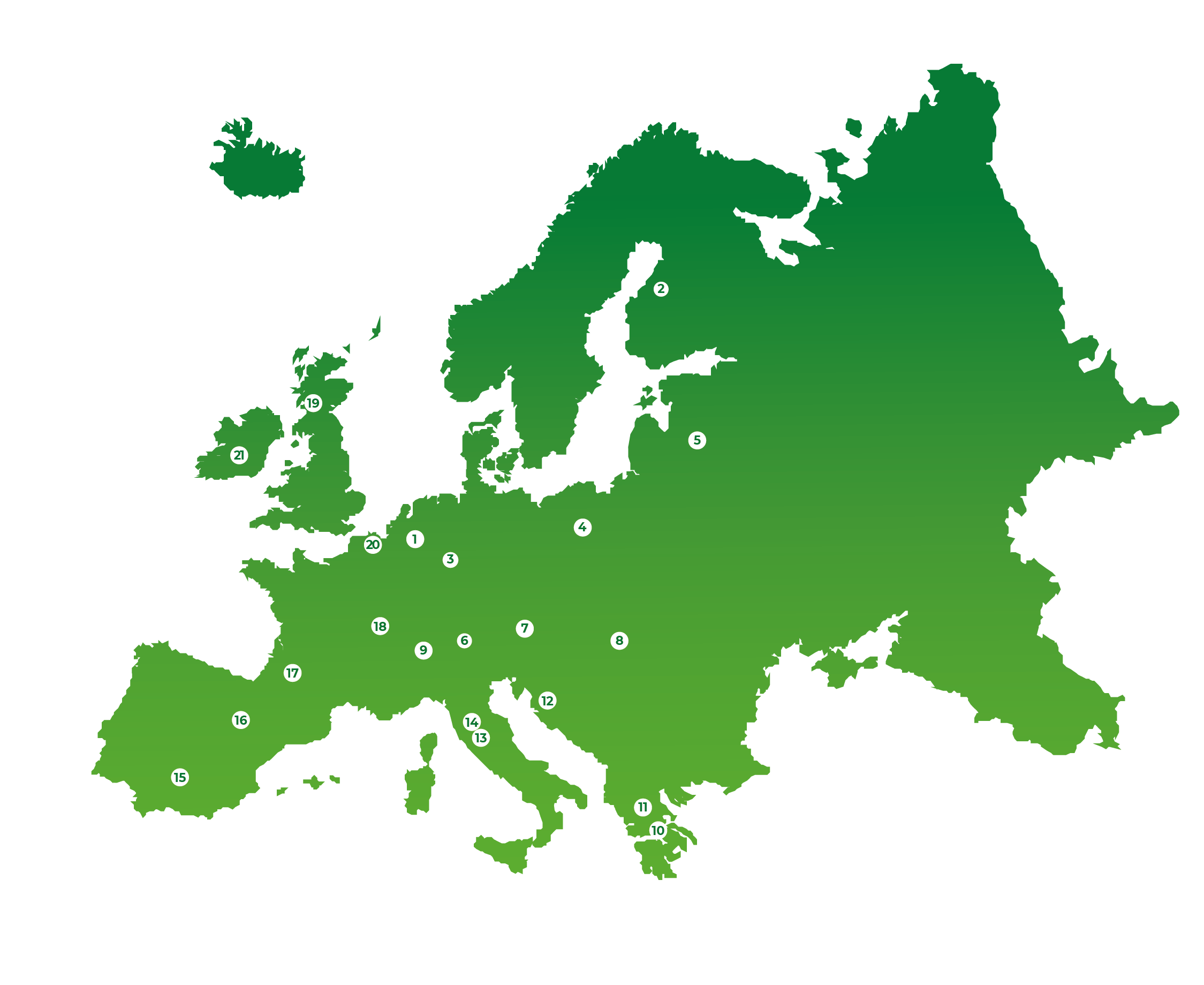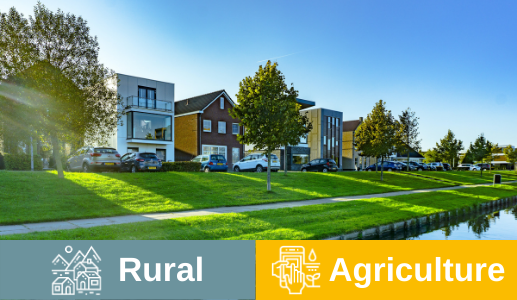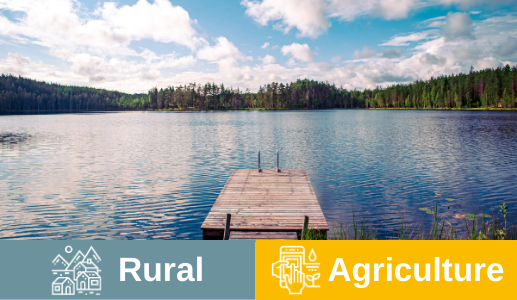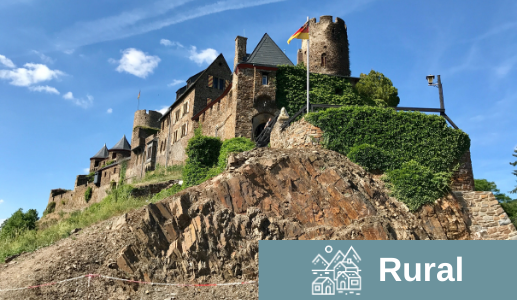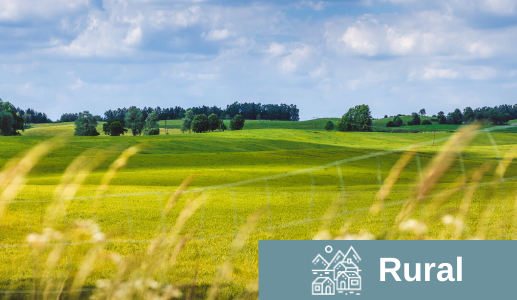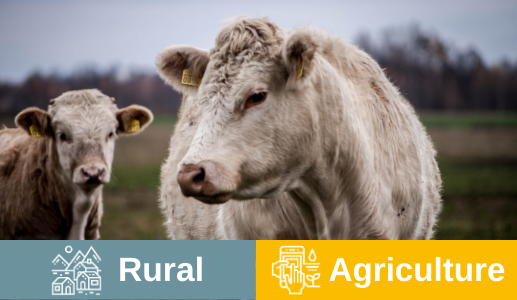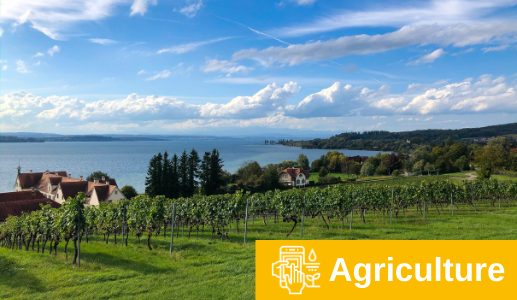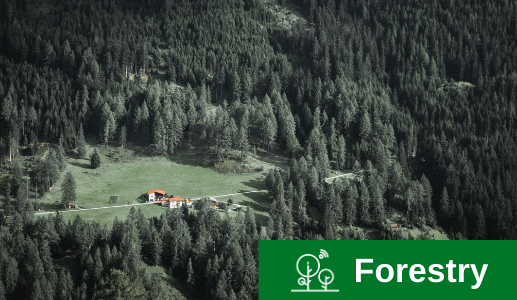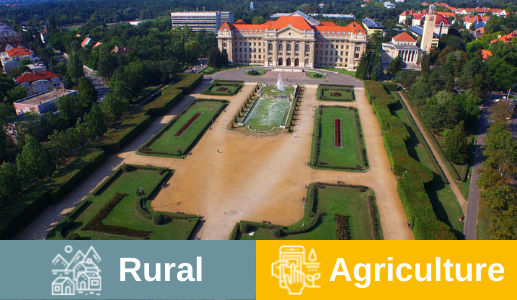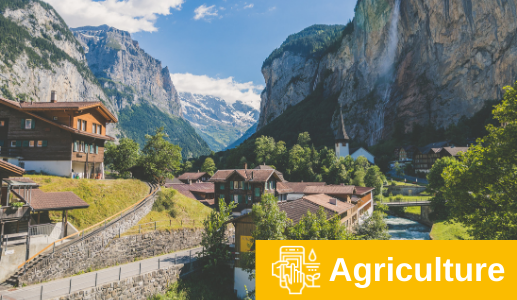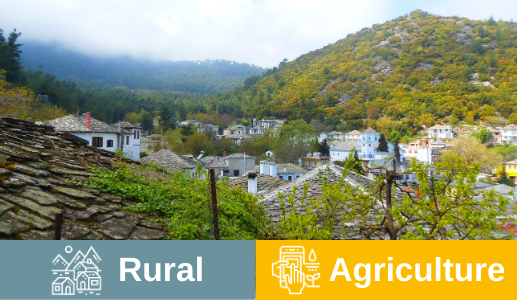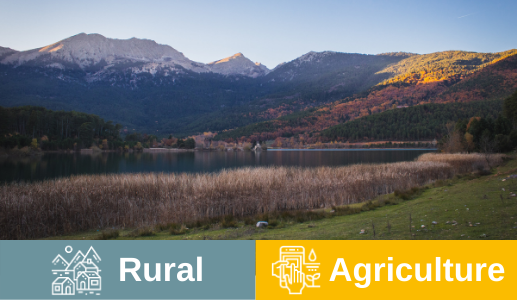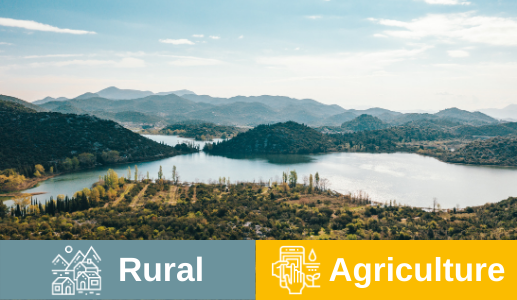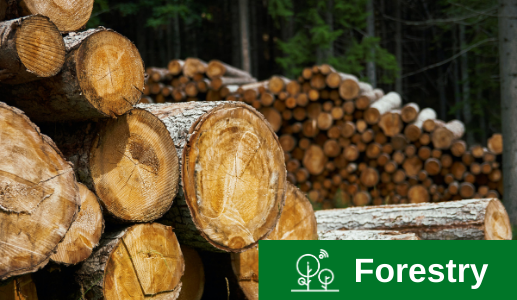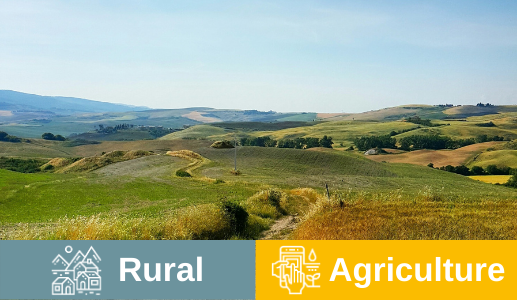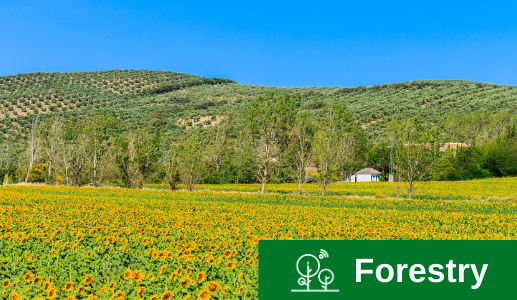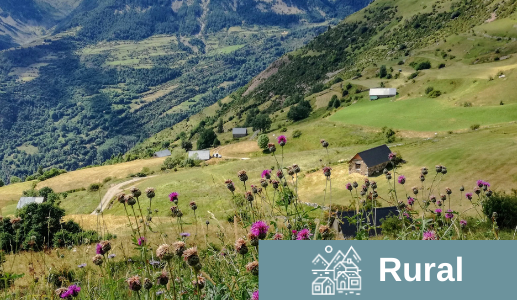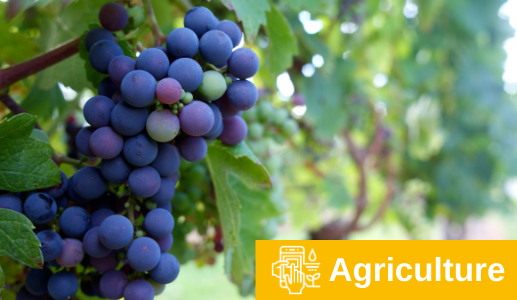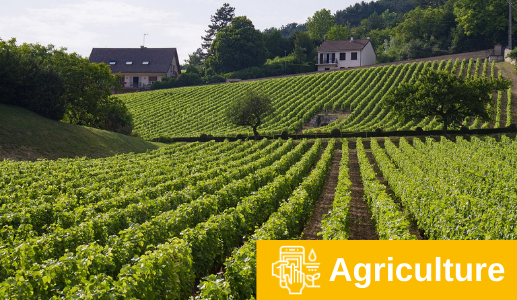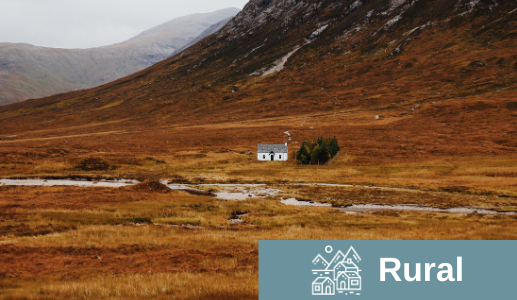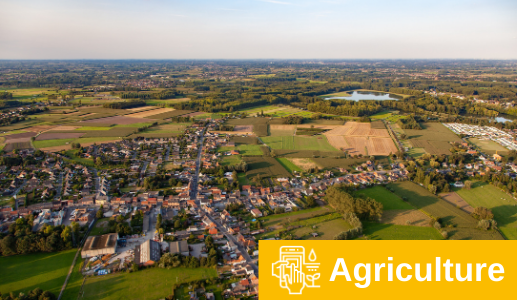Living Labs are a participatory tool increasingly applied in Europe for the involvement of users in technology development.
DESIRA Living Labs are 20 networks of stakeholders established across Europe and selected to represent a variety of agricultural, rural and forestry domains. They are constituted around a focal question (e.g. How to reduce the risk of forest fires?) and will co-develop ideas, scenarios, digital storytelling outputs, and socio-technical solutions related to digitalisation. Interaction in the networks will be based on both face-to-face and online activities.
1. Oosterwold (NL)
Local markets
2. Central Ostrobothnia (FI)
Circular economy
3. Rhineland-Palatinate (DE)
Communication and gender
4. Rural Poland (PL)
Participation
5. Latvia (LV)
Digital marketing
6. Lake Constance (DE)
Organic fruit production
7. Austria (AT)
Wood traceability
8. North Great Plain (HU)
SMEs in rural areas
9. Switzerland (CH)
Organic farming
10. Northern Greece (GR)
Smart rural communities
11. Trikala (GR)
Water management
12. Adriatic Region (HR)
Tourism
13. Apennine Region (IT)
Firewood traceability
14. Tuscany (IT)
Land management
15. Andalucia (ES)
Forest fires
16. Aragon (ES)
Rural attractiveness
17. New Aquitaine (FR)
Digital wine sector
18. Burgundy-Franche-Comté (FR)
Agroecological transition
19. Scotland (GB)
SMEs in rural areas
20. West Flanders (BE)
Livestock production
21. Cloughjordan (IE)
Local livelihoods
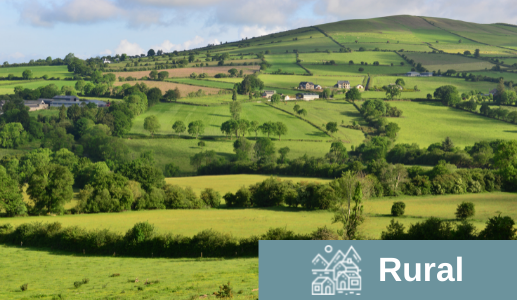
21. Cloughjordan, Ireland
The Living Lab will look at how digital tools enable collaboration between colleagues and partners, educators and students, and producers and consumers, in the context of a community enterprise centre in Cloughjordan Ecovillage in rural Ireland, and how these changes contribute to local livelihoods, rural regeneration, local supply chains, and reducing carbon emissions.

